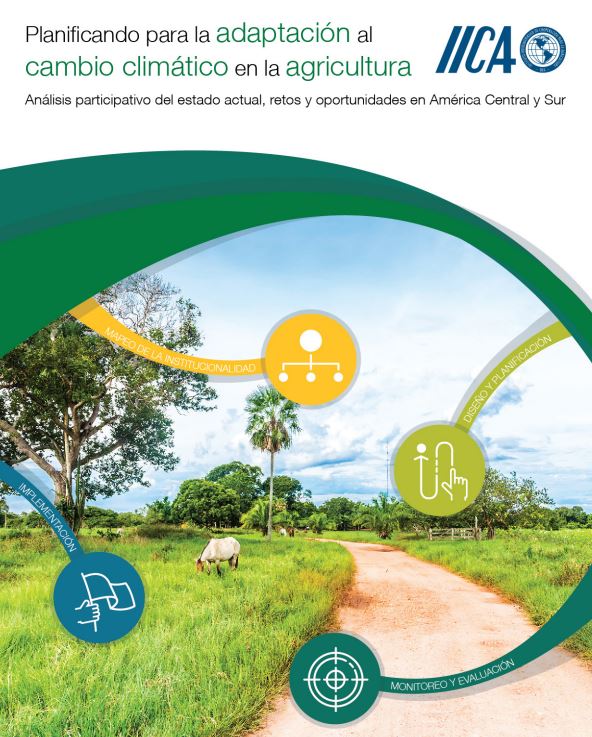IICA is actively supporting the formulation or strengthening of sectoral plans for adaptation as well as the integration of adaptation to climate change at different levels in the region through training, technical backstopping and south-south exchanges.

In addition, coordinating actions amongst various stakeholders, channeling adequate financial and technical resources to the sector, and responding to national commitments made to global agreements have proven challenging. The development of monitoring and evaluation systems that help determine if investments in adaptation are being made effectively have been slow to develop. Countries in the region still face significant challenges when preparing adaptation plans for the agricultural sector. Principal among these are the utilization of robust scientific information to identify potential climate change impacts, the development and implementation of transformational rather than incremental adaptation measures, and horizontal (between sectors) and vertical integration (different levels of governance) to avoid duplication of efforts.
These conclusions were developed through a participatory analysis of the processes used to develop and implement sectoral adaptation plans which was conducted with representatives of the agriculture, environment and planning ministries of Latin America. Effort was made to contrast the theories of adaptation planning with what is actually happening in the countries. The publication, entitled “Planning for climate change adaptation in agriculture: Participatory analysis of the state of the art, challenges and opportunities in Central and South America” covers the experiences of 11 countries in the region.
IICA is actively supporting the formulation or strengthening of sectoral plans for adaptation as well as the integration of adaptation to climate change at different levels in the region through training, technical backstopping and south-south exchanges.
Access the publication here (Spanish only).
For further information contact: Kelly Witkowski at kelly.witkowski@iica.int
*This post appears in the IICA Delegation in the USA Newsletter – September – December 2017











